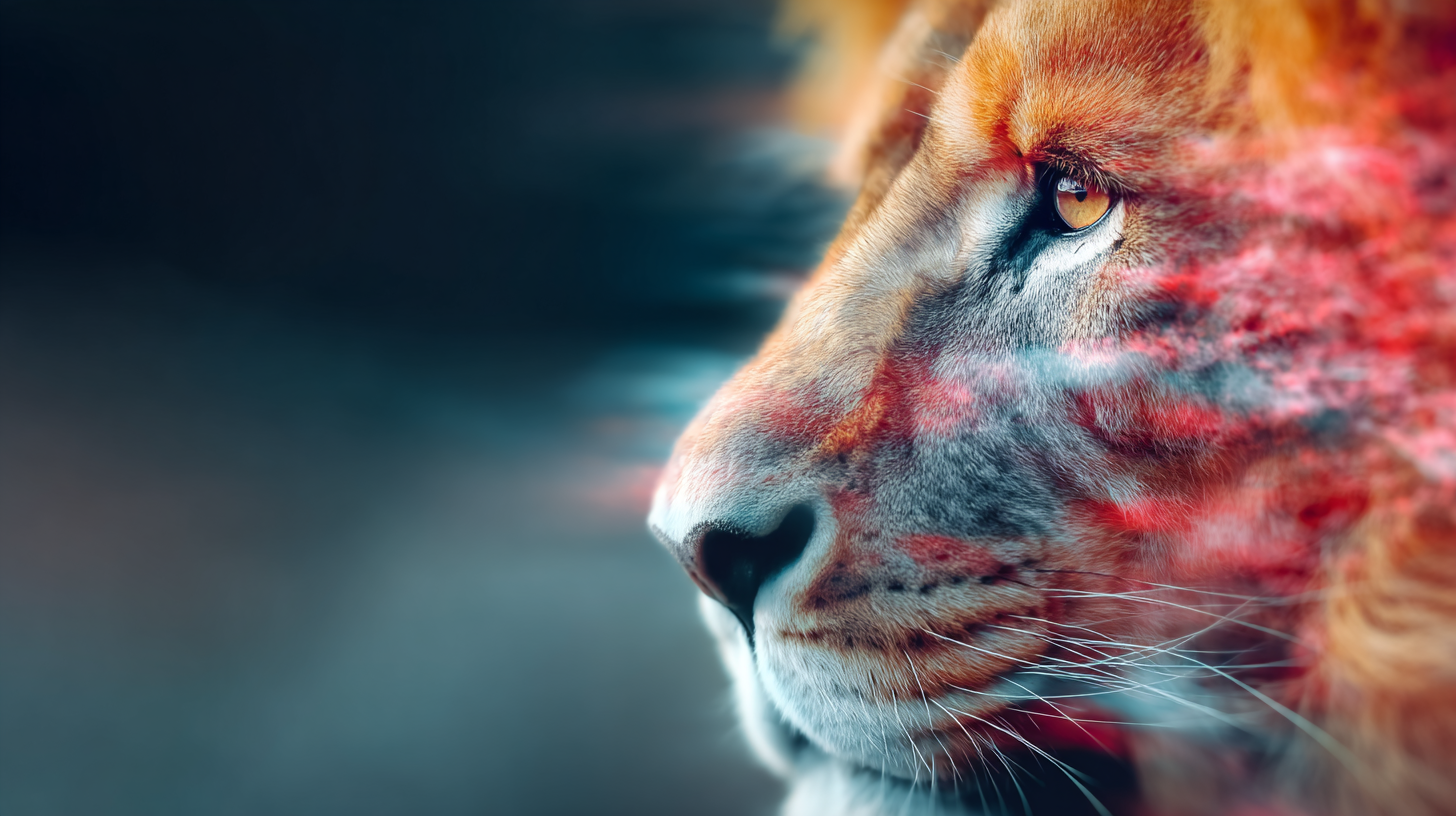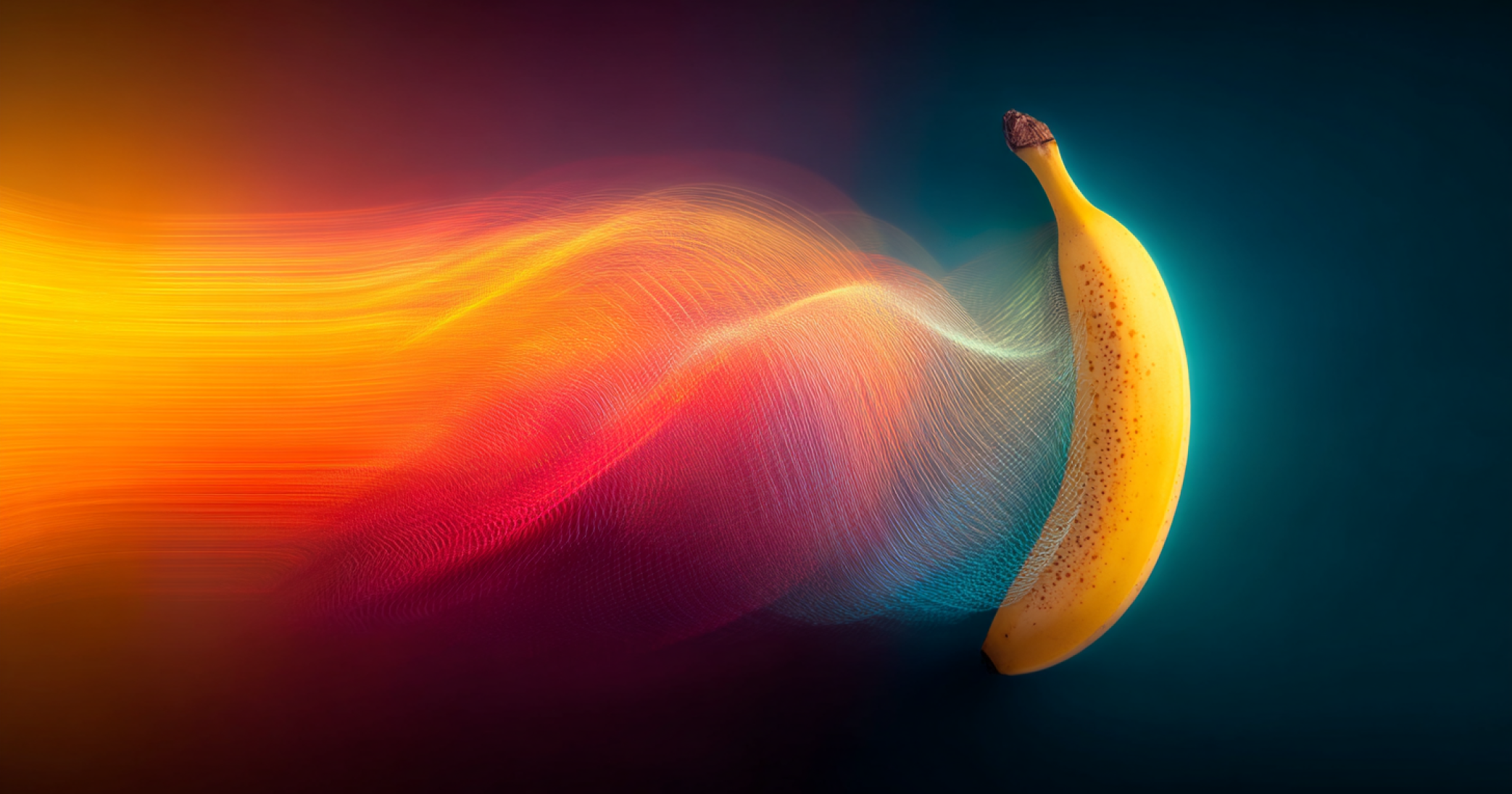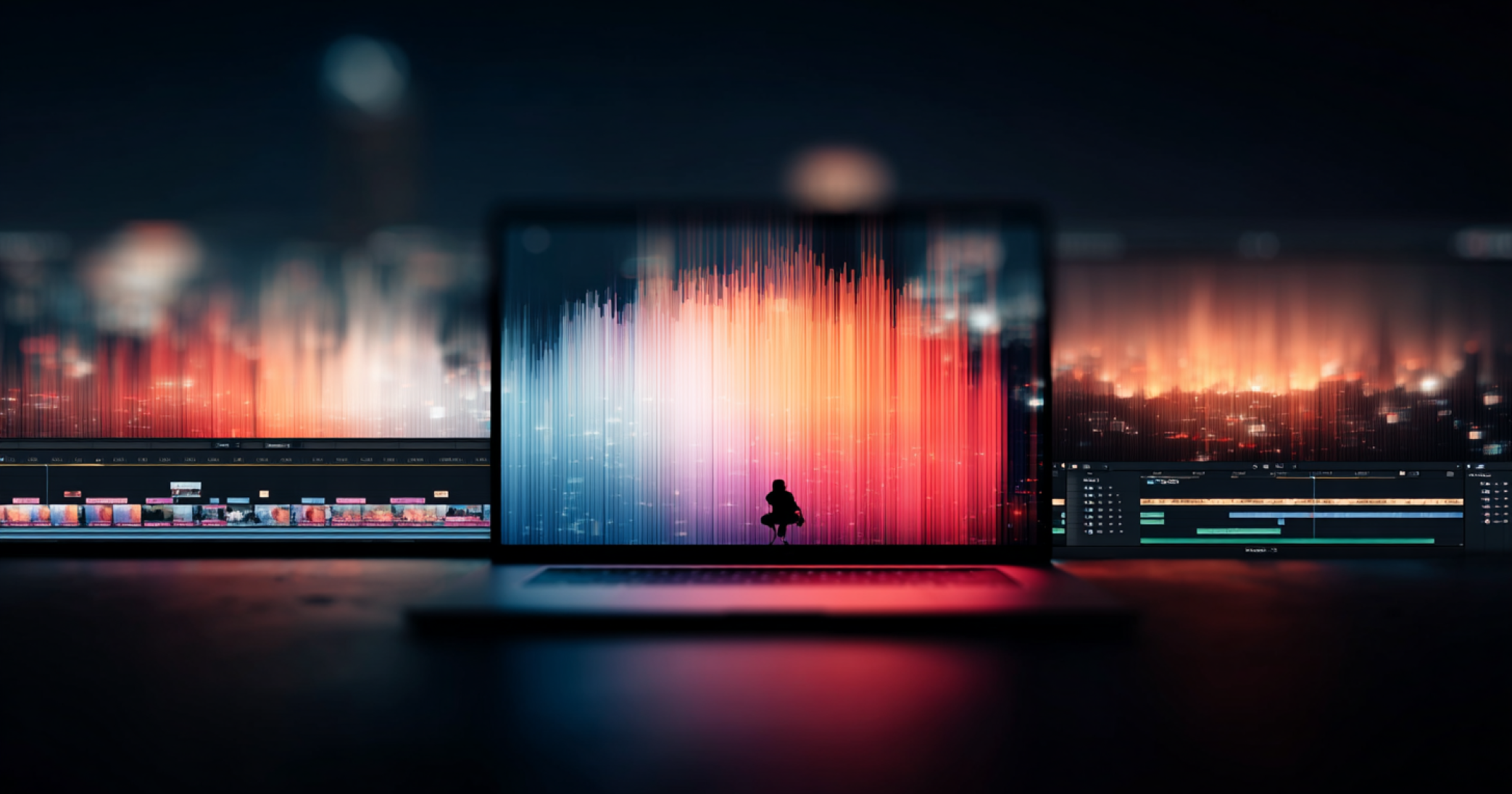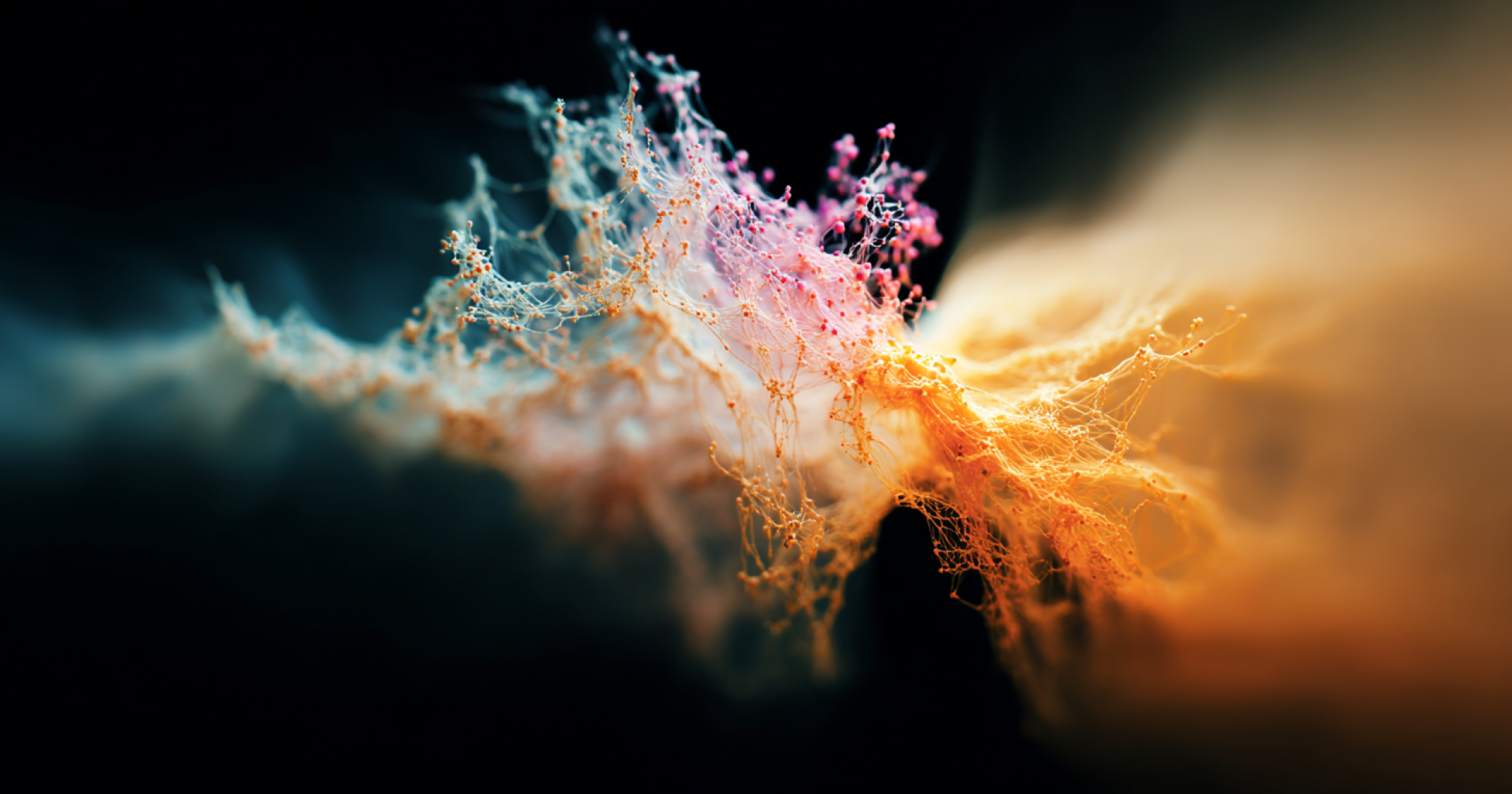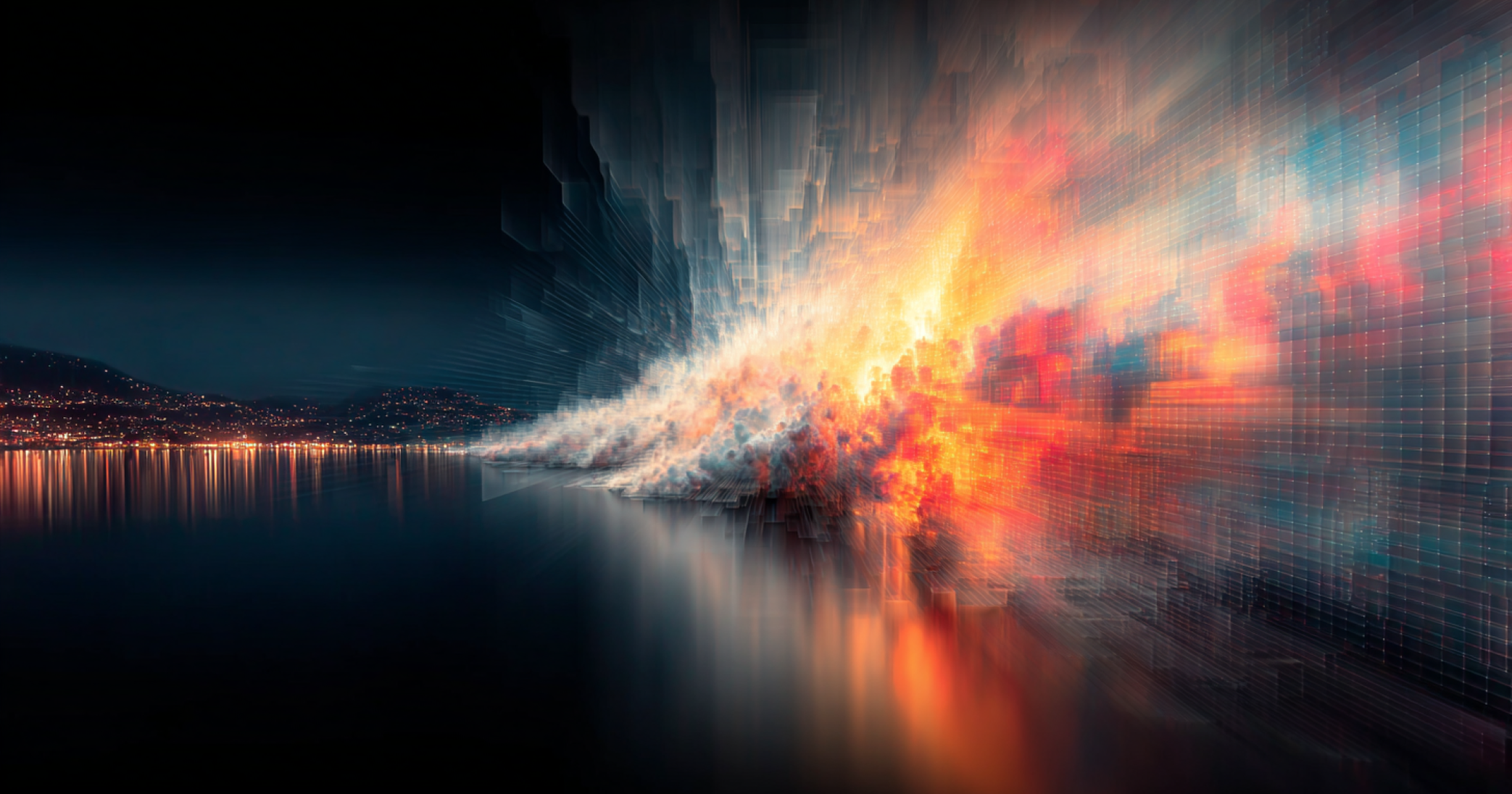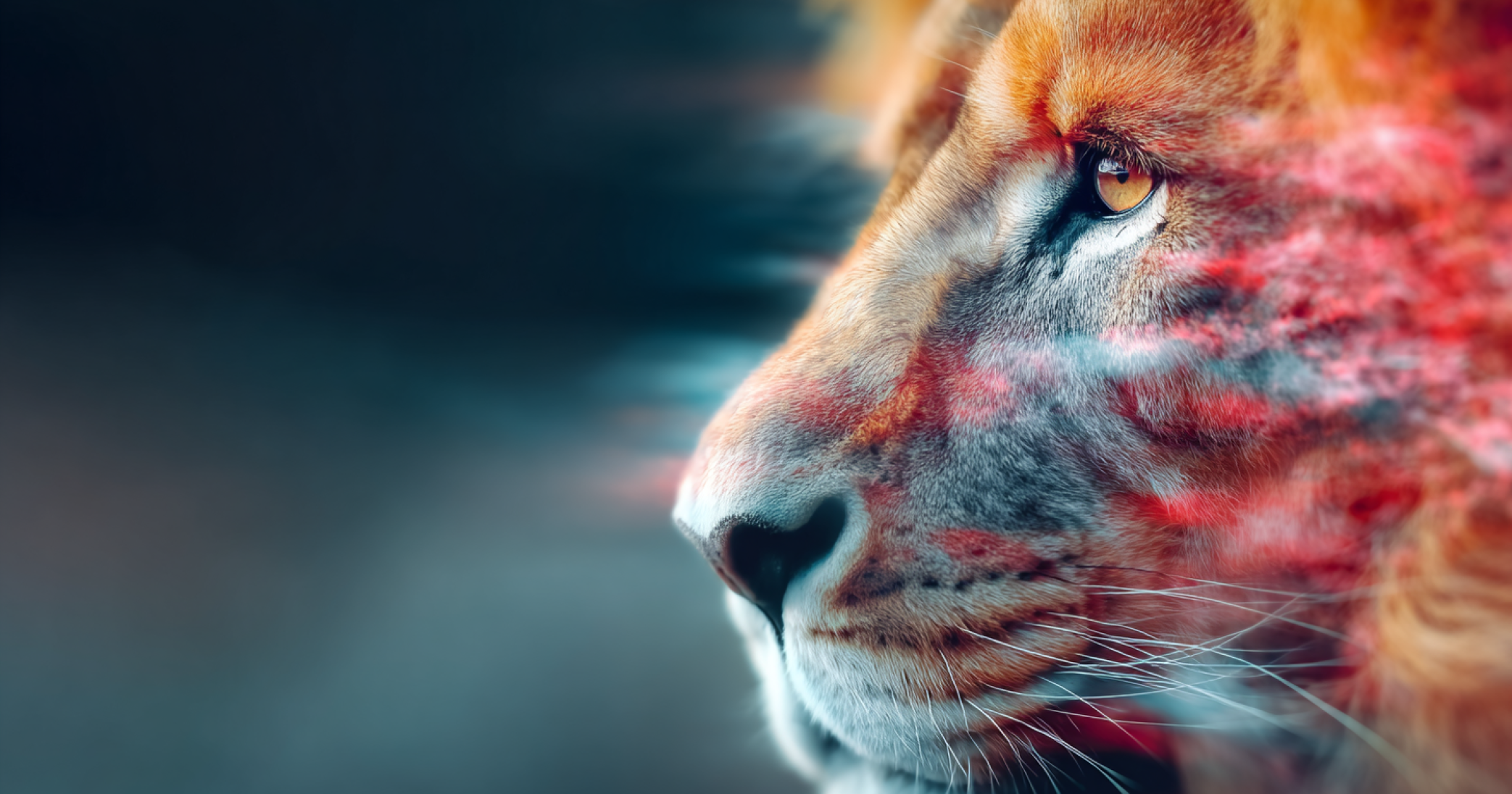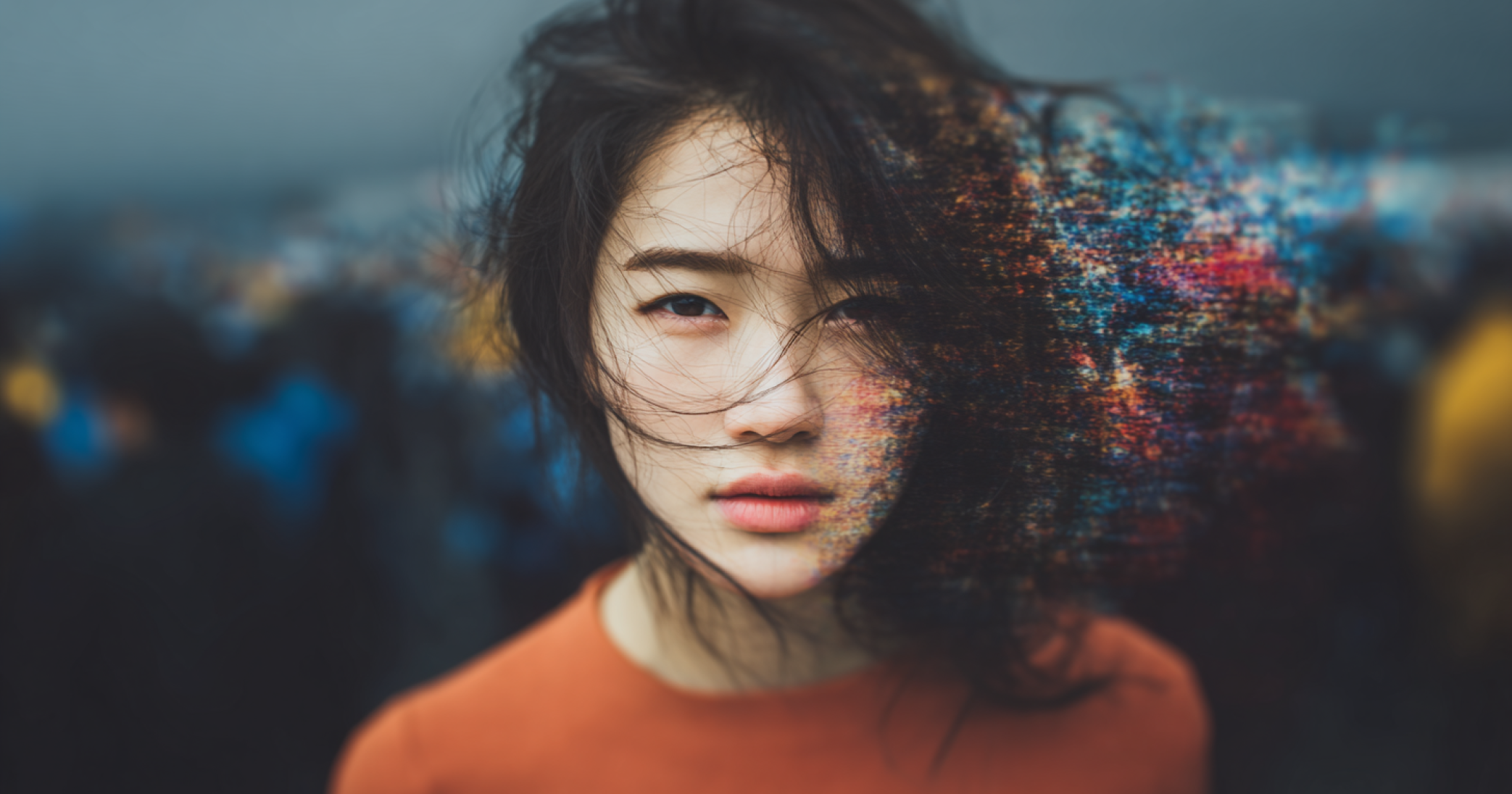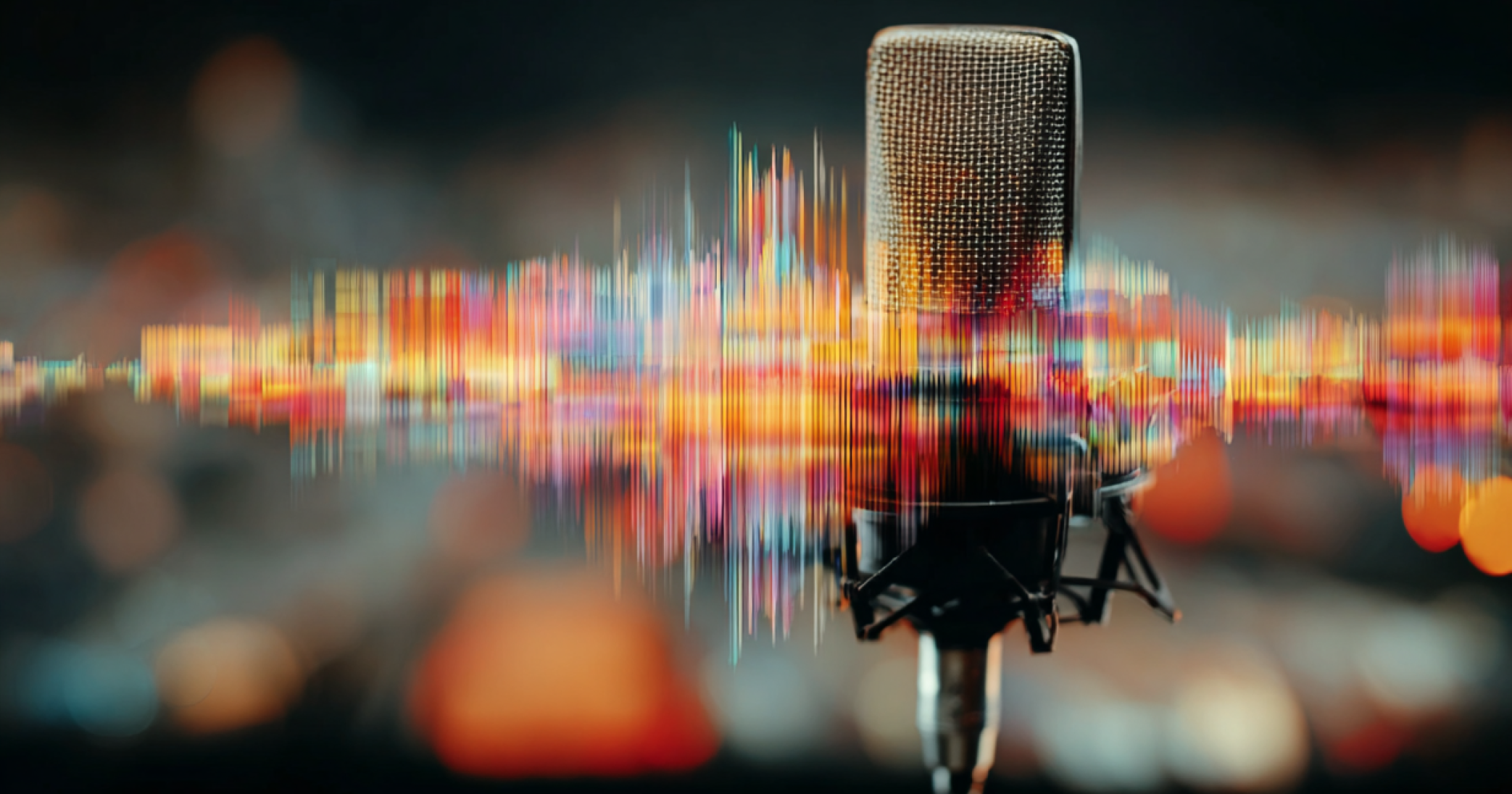Imagine that the next blockbuster idea no longer originates in the mind of a director, but in the circuits of artificial intelligence. This is precisely the experiment that the well-known film studio Lionsgate is currently undertaking – in collaboration with the AI company Runway. Their goal: to produce films using AI tools and revolutionise the film industry in the process. But as is so often the case when hype meets reality, entirely new challenges quickly emerge.
Who is Runway – and why is Lionsgate working with them?
Runway is one of the leading platforms when it comes to AI-powered video generation. Runway’s software can create short video clips from text descriptions or images, replace backgrounds or even generate completely new scenes. For Lionsgate, this sounds like a perfect opportunity to make film production faster, cheaper and perhaps even more creative. The collaboration aims to show how far AI film technology has really come today – and where there is still room for improvement.
How AI film production works today
The principle is easy to explain: you give the AI a text instruction such as ‘A car chase at sunset in New York’ – and the software creates a video from it. In theory, this sounds like a real revolution. In practice, however, the limitations become apparent: the videos generated are often short, sometimes blurry or appear artificial. Complex stories with real emotions, believable characters and cinematic depth? This is where today’s AI tools such as Runway still reach their limits. The visual quality and consistency of a Hollywood production is currently difficult to achieve.
The challenges – why is it so difficult?
Lionsgate quickly realised in its collaboration with Runway that AI films are not a sure-fire success. The technology can produce impressive clips, but it struggles with longer scenes, complex plots and emotional moments. Often, there is no ‘common thread’, the characters seem wooden, and spontaneous creativity is lacking. Added to this are ethical questions: Who owns the AI-generated content? How does Hollywood deal with copyright and data protection? And how creative can or should AI be? All of this means that Lionsgate is currently experimenting more than producing – and many planned AI film projects are still on hold.
5. Opportunities and visions: How could AI and film studios grow together?
Despite all the difficulties, the potential remains huge. AI can help studios like Lionsgate create special effects faster, automatically visualise storyboards, or test new ideas before investing real money. In the future, screenwriters and directors could feed their visions directly into the AI and use it to generate, change and compare scenes at lightning speed. Perhaps even entirely new types of films will emerge, in which viewers can interactively participate in the creative process or dynamically adapt stories. Small studios and indie filmmakers could also gain entirely new opportunities thanks to AI.
Conclusion: Between hype and reality
Lionsgate and Runway impressively demonstrate that AI is making its way into the film industry, but it is still far from being a panacea. The technology is fascinating, but it still lacks the depth and creativity needed for real blockbusters. The collaboration between major studios and AI companies will continue – with a lot of experimentation, setbacks and small breakthroughs. For audiences, it remains exciting: the future of cinema is definitely becoming more digital – but will the next Oscar winner come from AI? That remains to be seen.

